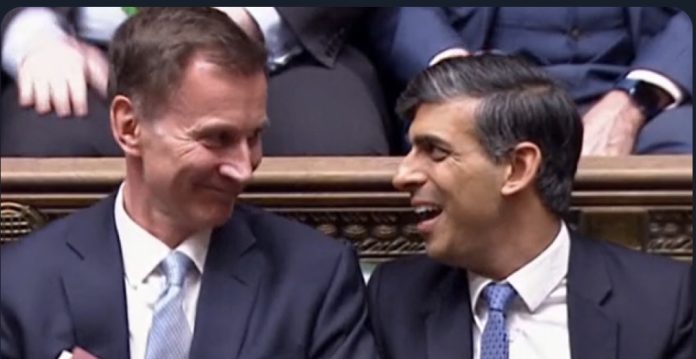Measures announced in this week’s spring budget will provide the richest households with an extra £930 per year more than the poorest, analysis by the New Economics Foundation (NEF) has found
Researchers found that measures including the cut to national insurance and the increase to the high child benefit charge thresholds will provide the richest 20% of households with an additional £1,010 per year, while the poorest will receive just £80 per year.
It means low-income families will receive just 3% of the cuts to national insurance and reforms to child benefit, compared to 37% for the highest income families [figure 2].
Researchers have warned that the budget will have little impact on those who have been struggling most with the cost of living crisis. Researchers found that 25 million people will be unable to afford an acceptable standard of living, known as the minimum income standard (MIS), by April this year, an increase of five million compared to April 2019 [figure 3].
Hannah Peaker, director of policy at NEF, said:
“The chancellor spoke today about making our tax system fairer, yet our analysis shows he is doing the opposite. The measures announced will not only help the richest the most, but they will have to be paid for through further cuts to public services, which disproportionately impacts those on the lowest incomes.
“The public do not want tax cuts, they want to be able to have access to good schools, reliable public transport and affordable housing. They want a way out of the cost of living crisis.
“If the government was serious about our future prosperity it would look to change the current fiscal rules, which are not a good measure of safe levels of government borrowing. This would then allow it to borrow sensibly to invest in the things that improve peoples’ lives, including public services and green industries to get wages rising across the country.”







